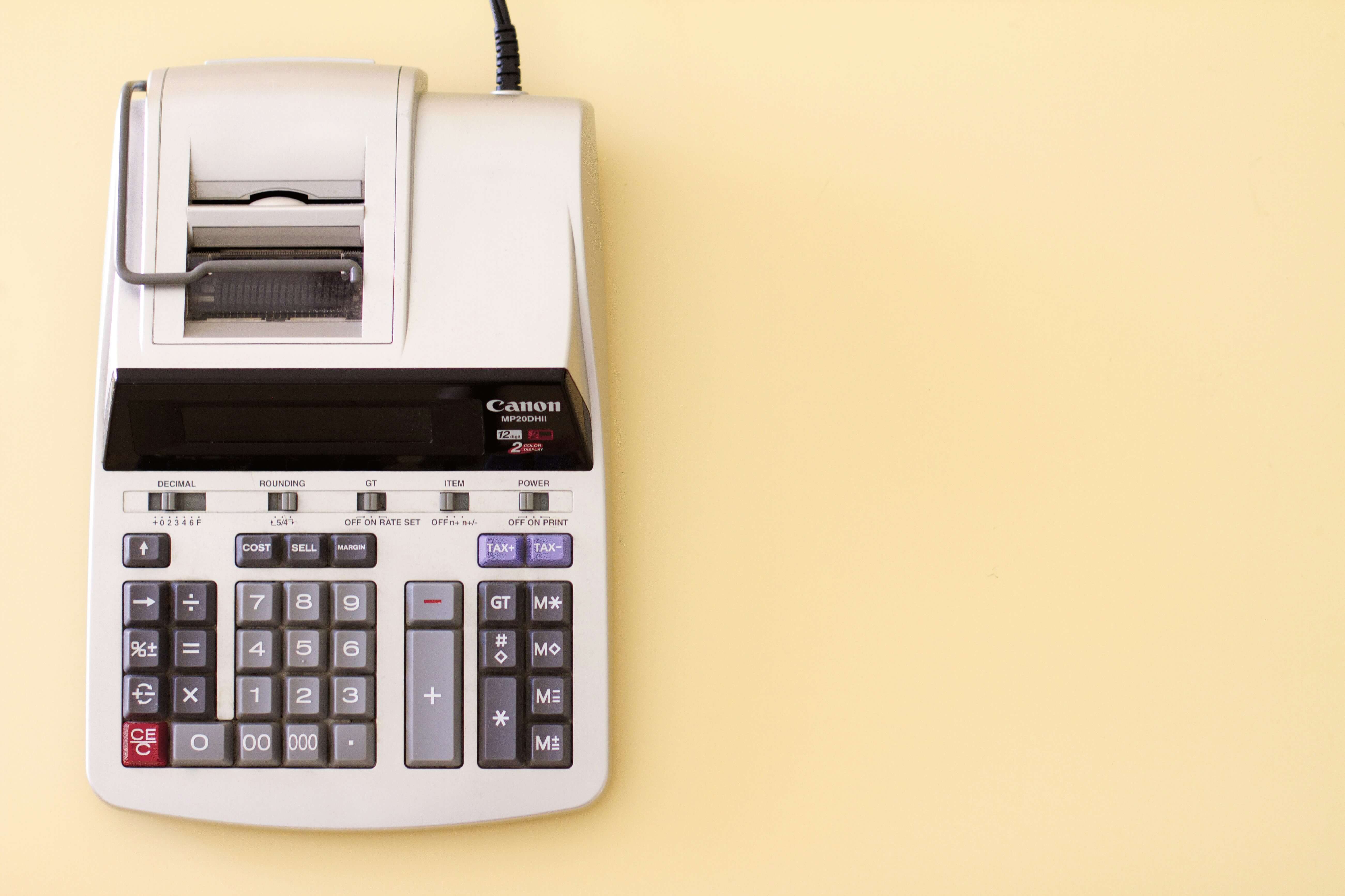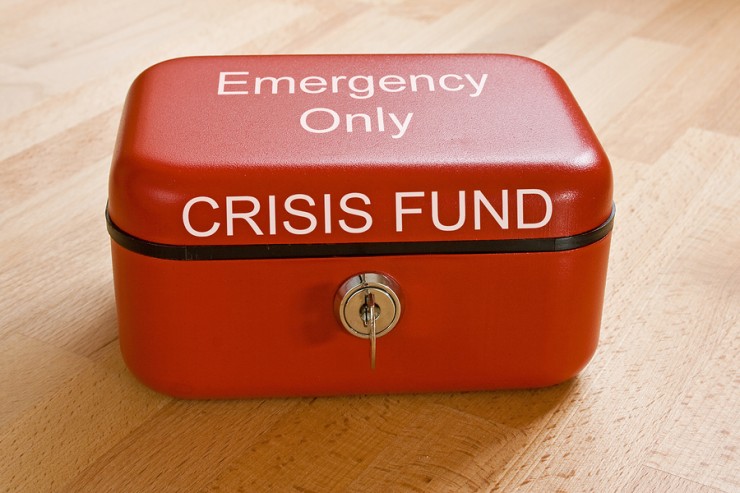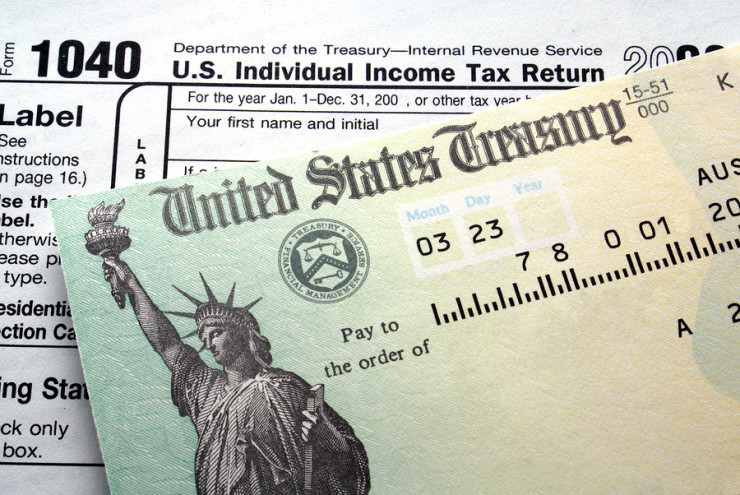The term “budget” gets tossed around a lot.
A budget can be simple or complex. It should reflect our income and our expenses, and it should be honest. One thing that is often missing is that they do not always reflect our values. Instead of merely creating a financial budget, let’s instead consider keeping God first and creating a Christian budget.
When Christian financial concepts are important to your household, there are a few twists to conventional budget suggestions. Some things will hold true, too, of course.
Many people believe that they are using one even when they have never actually put it into practice. Implementing a budget is the best tool available to ensure financial security, whether for an individual, family, or business. Creating a budget does not just mean jotting down your bills and tossing the paper in a drawer, but conducting a thorough review of your income and expenses and then taking actions based on your findings.
Why Take the Time to Create a Christian-Minded Budget?
“Every prudent man acts out of knowledge”
Proverbs 13:16
First things first— let’s understand why it is important to have a budget. Consider your budget to be the foundation of your financial home. Your budget is the groundwork for everything that you will be building on top of it. It will help you determine what you currently do with your money and, more importantly, what you should be doing with your money.
A good Christian budget will be like a solid foundation for a home.
It should be confident and complete. No bricks should be leftover, and no empty spaces should remain. If you find that you have money left over, you will want to create a home for it in your budget.
Sometimes your new budget may show that you cannot cover your expenses or have credit card debt that has gotten out of hand. In this case, speak with a Christian Debt Advisor for a free professional consultation to learn about Christian debt relief programs that are available to you.
How is a Christian Budget different?
“Honor the Lord with your wealth, with the firstfruits of all your crops” Proverbs 3:9
Most budgets begin with your largest expense first. Generally, that would be your housing expense. On a Christian budget, we should place the tithe at the very top of the list. Even if there’s no chance of tithing while in debt, place that line item at the very top to keep everything in proper perspective.
When we place God first, we can trust that the rest will fall in place as he intends.
How Should A Christian Budget Should Look
The best budget is the one you will use.
Here is where personal finance will become personal. I cannot tell you what budget to use or how it should look because your finances may be drastically different from the norm. I do always encourage simplicity! While I applaud high-level attention to detail, that can be tough to maintain in the long term.
While your budget will be unique to your situation, there are some guidelines you can follow.
- Use your preferred vehicle: Excel, Google Docs/Sheets, a pen and pad; anything that works for you is fine!
- Expect it to evolve- add some padding to your savings if you can so that when unexpected expenses arise, you’re covered
- Follow a template, like these provided by our friends at SeedTime
- Consider the 10/45/25/20 framework
- 10% of income is dedicated to tithing
- 45% is dedicated to needs (housing, food, etc.)
- 25% is dedicated to wants
- 20% is dedicated to savings and debt repayment
Plan and Persevere to Keep your Christian Budget Current
“May the Lord direct your hearts into God’s love and Christ’s perseverance.”
2 Thessalonians 3:4-6
Once you understand the purpose of a budget, you should prepare for the tricky part- sticking to your plan!
Your new Christian budget will:
- Guide how you spend your money.
- Shed light on your financial blind spots.
- Set you up for a successful debt reduction plan.
- Bring peace to your financial situation.
- Help you automate your savings.
When you have reached your weekly limit on eating out, but your friends invite you to a meal, you’ll learn just how dedicated you are to your budget. Suppose you’ve already spent the money set aside in your new Christian budget. In that case, determination and perseverance will keep you on target.
Allowing small cracks to form in that foundation now can result in an entire collapse in the future.
Stay Aware
“Know well the condition of your flocks, and give attention to your herds”
Proverbs 27:23

A regular review is the final component in keeping your new Christian budget in tip-top shape. Life is ever-changing, and our finances change right along the way. If anything has changed in your life, update your budget immediately. Otherwise, take some time bi-monthly or quarterly to review your situation. This regular review will allow you to catch any trouble areas in advance so that you can keep from straying too far off course.
Creating and implementing an honest Christian budget will provide you with awareness of your financial situation that will pave the way for a stable and predictable future. It will allow you to see trouble coming months in advance so that you can prepare. You will be able to spend your money confidently, as you have prepared and anticipated every dollar that you spend.
Complete the simple form below for a free budget review and to explore Christian debt relief programs that will have you debt-free faster than you ever thought imaginable.









 That’s the average individual tax refund Americans got last year. That’s a pretty big chunk of change, and many people wasted it in record time, missing out on an opportunity to make an impact with that money.
That’s the average individual tax refund Americans got last year. That’s a pretty big chunk of change, and many people wasted it in record time, missing out on an opportunity to make an impact with that money.


